On Air Now
Radio X Chilled with Sarah Gosling 10pm - 1am
22 October 2024, 13:00
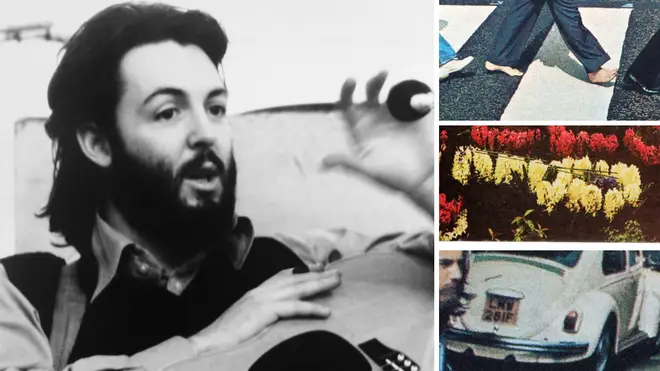
55 years after rumours circulated that Paul McCartney had died and been replaced by a lookalike, Radio X looks at the strange story...
On Sunday 12th October 1969, a listener rang in to Russ Gibb's show on the radio station WKNR in Detroit with an intriguing piece of information. They claimed that if Gibb were to play The Beatles' avant-garde sound collage Revolution 9 backwards, they would hear the message "Turn me on dead man". It was supposefly a reference to Paul McCartney, who had reportedly died two years earlier and had been replaced by a look-alike.
Since then, the man who appeared to be "Beatle Paul" was an imposter - and the other three Beatles were trying to bring the scam to the attention of the world via a series of clues hidden within album artwork and buried deep within the grooves of their recent recordings.
"The whole thing just exploded," Gibb recalled. "The phones were ringing off the hook. People were calling with their own clues. It was non-stop."It was really a phenomenon. For a while, it seemed like it might really be true."
The "Paul Is Dead" rumour is one of the most curious examples of a conspiracy theory (or mass hysteria, depending on your point of view) to emerge from rock music. Like the old idea that metal bands hide subliminal messages on their songs, the idea that evil record companies are trying to pull a fast one on the innocent fans is an enduring fantasy.

The "Paul Is Dead" hoax had its roots in a rumour that first circulated in January 1967. The Beatles Book, the Fab Four's official fan magazine noted that 7th January of that year had seen some treacherous weather on the roads and went on to say: "Towards the end of the day, a rumour swept London that Paul McCartney had been killed in a car crash on the M1. But of course, there was absolutely no truth in it at all."

However, the story wouldn't go away. Two years later, on 17th September 1969, a student newspaper, the Drake Times-Delphic, published a story entitled: "Is Beatle Paul McCartney Dead?". The feature was written by 19-year-old Tim Harper, who claimed he didn't even own a Beatles record, but had gathered information on the conspiracy from other students.
"Lately on campus, there has been much conjecturing on the present state of Beatle Paul McCartney. An amazing series of photos and lyrics on the group's albums point to a distinct possibility that McCartney may indeed be insane, freaked out or even dead.
Harper went on to list some of the giveaway "clues" that "proved" that the bassist had passed away:
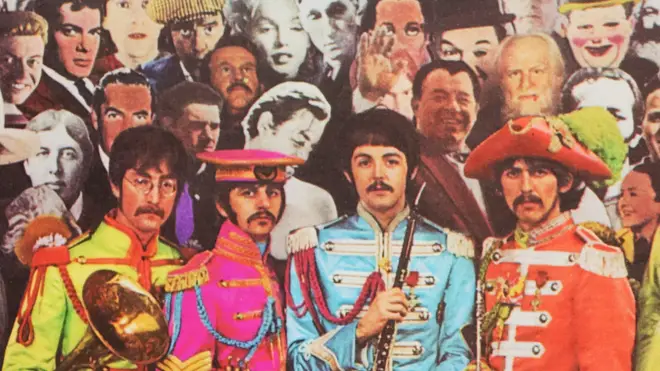
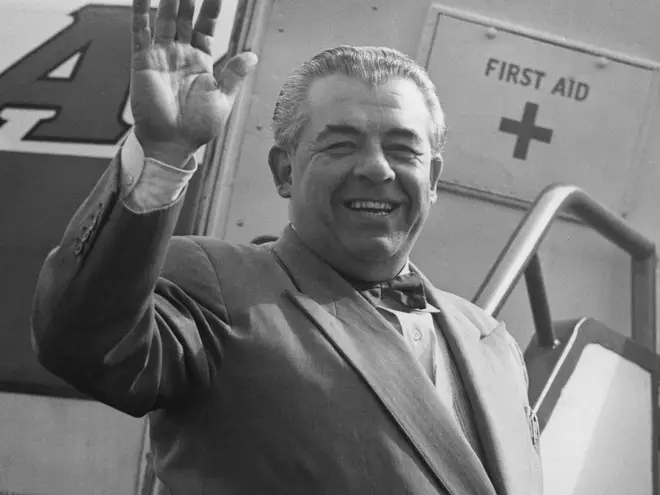
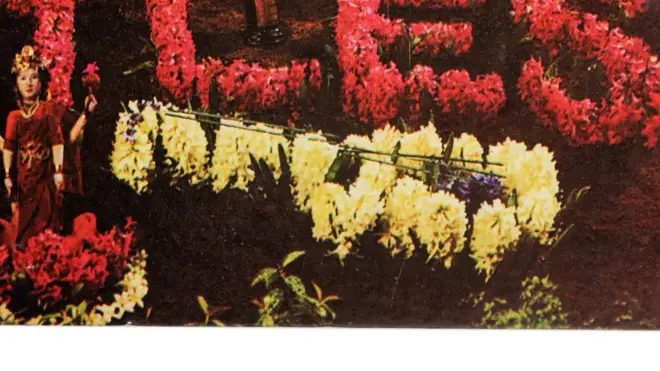
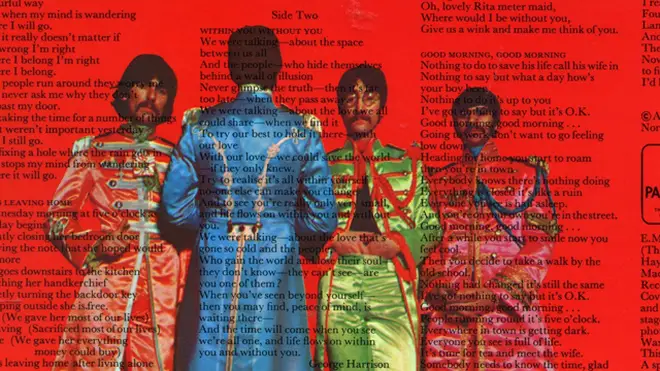
Wow. It's important to put the rumour into context. 1969 was the year that the "counter-culture" really hit its stride. The month before the story was published, hundreds of thousands of young people had gathered at Woodstock to preach peace in response to the ongoing war in Vietnam. Around the same time, the Isle Of Wight festival was taking place in the UK. Mistrust of the establishment was rife and in the pre-internet days, confirming news was always a slow process.
The rumours continued into October 1969, leading Apple Records press officer Derek Taylor to convey a statement from Paul himself on the 10th: "I am alive and well".
It didn't help. Two days later, Russ Gibb received that fatefull call from a listener, who explained the "clues" at length and prompted more discussion. This, in turn, prompted the reviewer Fred LaBour to write a review of The Beatles' new album Abbey Road for The Michigan Daily on 14th October, which was quite fanciful and more than a little satirical. Accusing McCartney of losing his songwriting mojo, he titled the review: "McCartney Dead: New Evidence Brought To Light"
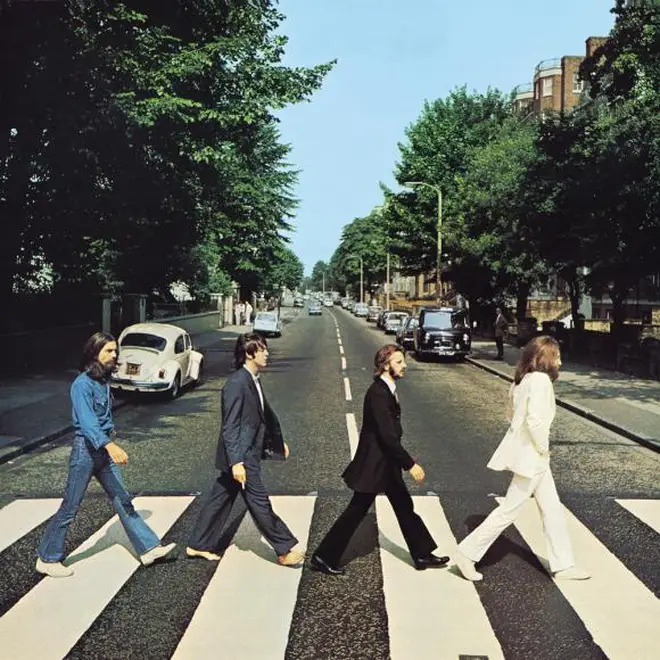
LaBour nailed some of the key facts in the "Paul Is Dead" rumour - having made a lot of them up himself. They were:


The Beatles - Paperback Writer
Alongside this, there are numerous clues on Beatles album covers and tracks to reveal the truth, including...
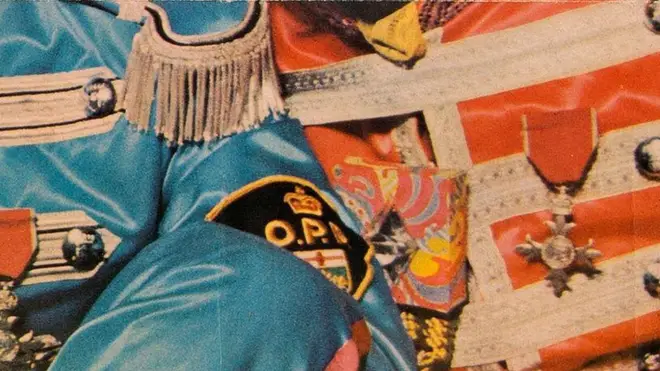

TPMDC - Clue: Paul Is A Dead Man. Miss Him! Miss Him!
The article ends with the tongue-in-cheek insistence that "The Beatles are building a mighty church, and when you emerge from it, you will be laughing, for Paul is the Sun Of God."
The editor of the paper notes that "Mr LaBour says it's all true."
Despite this deliberately ridiculous feature, the rumour kept circulating and extra "clues" were found:
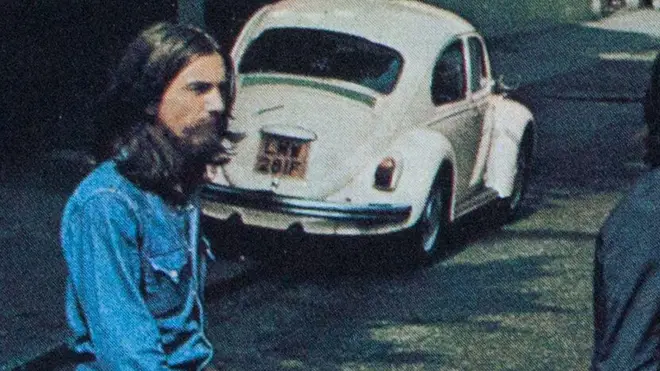
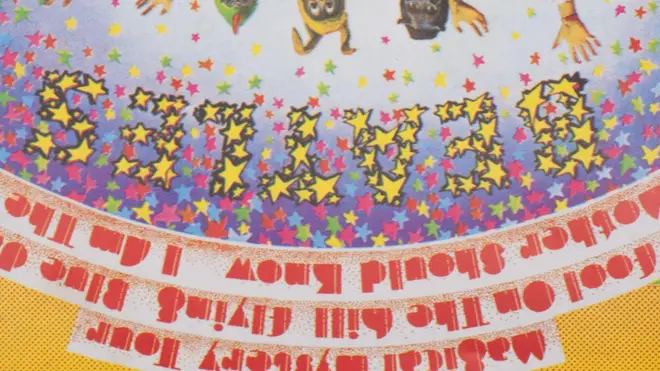
Of course Paul McCartney didn't die in 1966 - he has fathered four children and is step-dad to a fifth and just who was that headlining Glastonbury in 2022? But it was true that in the autumn of 1969, it seemed that he'd "disappeared".
In fact, unknown to the world at large, The Beatles had secretly split. Just before the release of Abbey Road on 26th September 1969, John Lennon had performed a live show in Toronto with Yoko Ono, Eric Clapton and others. This was the catalyst for him to call time on The Beatles. However, due to contract negotiations with their label EMI, it was all kept quiet.
For McCartney, it meant he had to start thinking about his own future. He retreated to his farm in Scotland with new wife Linda, stepdaughter Heather and new baby Mary and kept his head down. He later admitted he went through a period of depression over the end of The Beatles, but was soon back writing his first solo album.

Life magazine caught up with Macca in November 1969 and asked him to put the "Paul is Dead" rumours to rest. The weary ex-Beatle had his photo taken with hid family on the Scottish farm and told the reporter: "I have done enough press for a lifetime, and I don't have anything to say these days. I am happy to be with my family and I will work when I work."
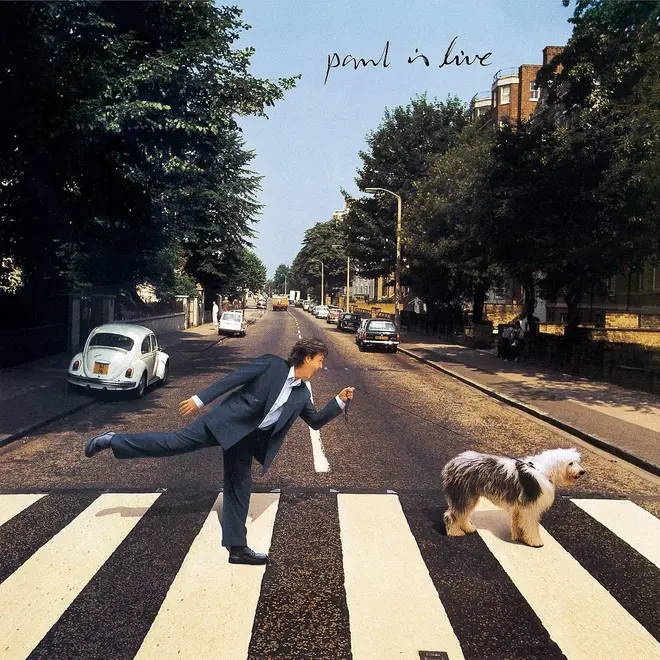
In later years, McCartney had fun with the rumour - his 1993 concert album Paul Is Live featured a cover that seemed to take the piss out of the whole hoax. He explained in June 2019: "I know all the rumours… because I was being asked about them! There would literally be someone ringing up to ask, ‘Are you dead?’ I said, ‘Well, no. I’m answering this phone call!’ And the reply would be, ‘Well, I can’t be sure it’s you’. So, then you actually do get a bit paranoid about yourself."
And Paul's explanation for the whole conspiracy theory? "People may have taken too many drugs and started looking for answers in all the wrong places!"